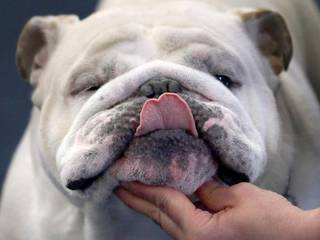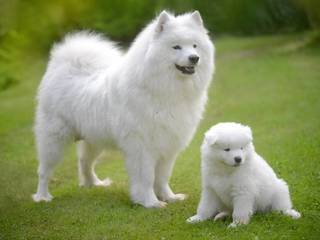Any pet needs love and care, and Pomeranian Spitz is not an exception. The owner has not only to walk the pet on time and play with it but also to be prepared to tackle health problems. Therefore, he must ask a breeder about the features of the selected breed; pick up information in the library or in the Internet. Knowledge can help to notice the warning signs and take action.
Small "studies"
The owners of Spitz dogs are very lucky. This breed is rarely subjected to genetic diseases. The main problem of Spitz can be considered an increased risk of injury, but it has nothing to do with heredity. Their parents may favor joint problems. Most dogs suffer from dysplasia and dislocation. The fact is that Spitz is very mobile, but their skeleton is not too strong, so jumping, running and another excessive exercise can bring on health problems. This especially relates to dogs whose owners allowed their pets to gain weight. Plump babe looks very nice, but its joints and ligaments have too big a load.
Sometimes, a genetic problem is atrophy of the retina. The animal is gradually losing sight and becomes awkward. Nevertheless, this defect is rarely seen, rather, as an exception.
Nevertheless, if you see that Spitz's parents do have not dense hair or suffer from its loss, you have to be prepared that your pet will have a problem. The deterioration of the quality of hair in this breed is most often associated with insufficient thyroid work and adrenal glands. Sometimes, the problem goes to alopecia, hair fully falls on big parts, and the skin at this place is dark or black.
It is not surprising, but the Spitz are genetically predisposed to epilepsy. This problem may not manifest itself until about two years. For such a pet, you have to create special conditions; they have not to be nervous, and it is necessary to comply with the diet because it is dangerous for them to gain weight.
In fact, this is the whole list of inherited problems. In addition, we can add dwarfism, congenital umbilical hernia, and non-united skull bones. However, breeders, as a rule, do not sell such puppies and do not breed them.
If the owner loves his pet and is ready to take care of it, there must not be any problems. Moreover, the four-legged kid will answer the boundless devotion and loyalty.






